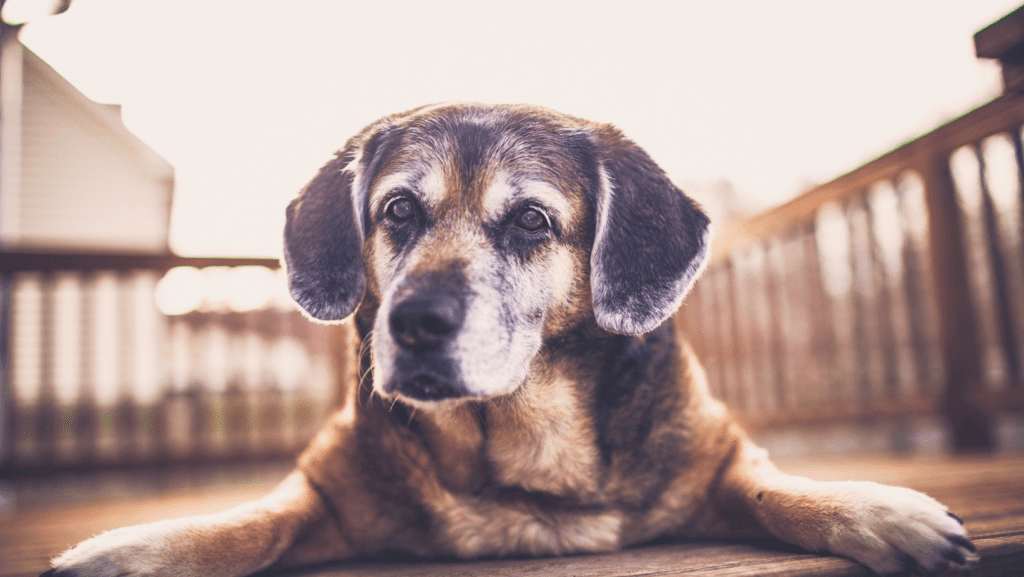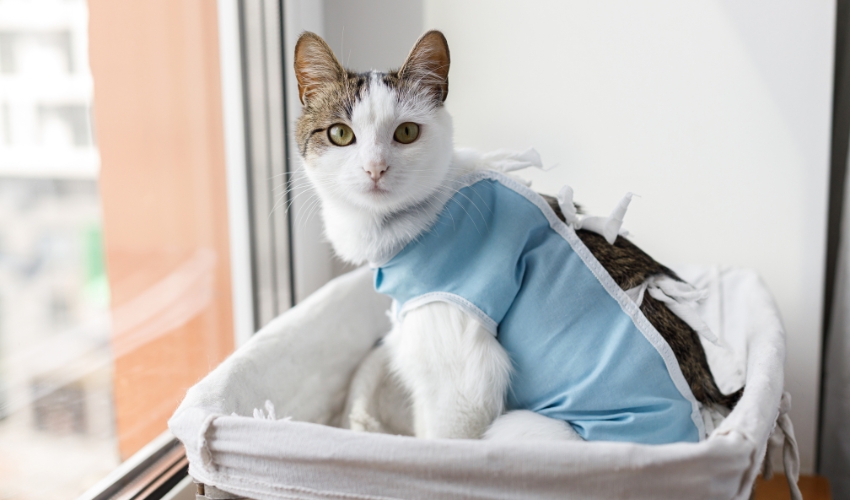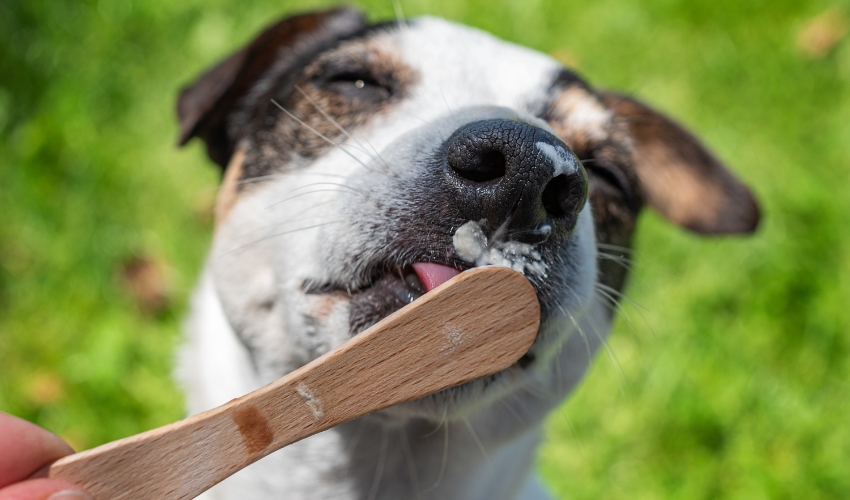As our canine companions age, they may experience cognitive changes that impact their mental health and overall well-being. Canine Cognitive Dysfunction (CCD), often referred to as “doggie dementia,” is a condition similar to Alzheimer’s disease in humans. In this comprehensive guide, we’ll explore the challenges of coping with CCD in senior dogs and provide practical strategies to support their mental health and quality of life. From understanding the signs and symptoms of CCD to implementing lifestyle modifications and seeking veterinary care, we’ll empower pet owners to navigate this journey with compassion and empathy.
Understanding Canine Cognitive Dysfunction:
Canine Cognitive Dysfunction (CCD) is a complex and progressive neurodegenerative condition that affects senior dogs, leading to cognitive decline and behavioral changes. Much like Alzheimer’s disease in humans, CCD is characterized by the accumulation of abnormal proteins in the brain, resulting in cognitive impairment, memory loss, and disruptions in normal brain function. While the precise cause of CCD remains elusive, it is believed to stem from a combination of age-related changes in brain structure and function, genetic predispositions, and environmental factors such as chronic stress or exposure to toxins.
Signs and Symptoms of Canine Cognitive Dysfunction:
Recognizing the signs and symptoms of CCD is essential for early intervention and effective management. Senior dogs affected by CCD may exhibit a range of cognitive and behavioral changes, including:
Disorientation and Confusion: Dogs with CCD may become disoriented or confused, especially in familiar surroundings. They may appear lost or wander aimlessly, seemingly unable to recognize their environment or find their way home.
Changes in Sleep Patterns: CCD can disrupt a dog’s sleep-wake cycle, leading to restlessness, nighttime waking, or excessive daytime napping. Dogs may experience difficulty settling down at night or exhibit increased wakefulness during the early hours of the morning.
Altered Behavior: Senior dogs with CCD may display changes in behavior, such as increased anxiety, agitation, or aggression. They may become irritable or easily startled, reacting negatively to changes in their routine or environment.
House Soiling: Loss of bladder or bowel control is common in dogs with CCD, leading to accidents indoors. Dogs may urinate or defecate in inappropriate locations, such as inside the house or on furniture, despite being house-trained.
Reduced Interest in Activities: Dogs may show a decreased interest in activities they once enjoyed, such as playing, walking, or socializing. They may become withdrawn or disengaged, preferring to spend more time alone rather than interacting with family members or other pets.
Loss of Appetite: CCD can affect a dog’s appetite, leading to changes in eating habits or unintended weight loss. Dogs may exhibit a decreased interest in food or show reluctance to eat, resulting in nutritional deficiencies and loss of body condition.
Coping Strategies for Canine Cognitive Dysfunction:
While there is no cure for CCD, there are several coping strategies and lifestyle modifications that can help manage the condition and improve the quality of life for senior dogs:
Environmental Enrichment: Create a stimulating environment for your senior dog by providing interactive toys, puzzle feeders, and opportunities for mental stimulation. Engage in gentle exercise and activities that promote cognitive function, such as obedience training or scent games.
Consistent Routine: Establishing a predictable daily routine can help reduce stress and anxiety for dogs with CCD. Stick to regular mealtimes, exercise sessions, and sleep schedules to provide structure and stability.
Diet and Nutrition: Feed your senior dog a balanced and nutritious diet tailored to their age and specific dietary needs. Consider supplements or foods rich in antioxidants and omega-3 fatty acids, which may support brain health and cognitive function.
Veterinary Care: Schedule regular veterinary check-ups for your senior dog to monitor their health and detect any underlying medical conditions that may contribute to CCD. Your veterinarian can recommend treatment options and prescribe medications to manage symptoms and slow disease progression.
Medications and Supplements: Certain medications and supplements may help manage symptoms of CCD, such as cognitive dysfunction supplements containing antioxidants, omega-3 fatty acids, and vitamins. Consult with your veterinarian before starting any new medications or supplements for your dog.
Comfort and Support: Provide comfort and reassurance to your senior dog by offering a warm and comfortable sleeping area, gentle grooming sessions, and plenty of affection and attention. Create a safe space where your dog can retreat when feeling anxious or disoriented.
Coping with Canine Cognitive Dysfunction can be challenging, but with patience, understanding, and proactive care, pet owners can help their senior dogs enjoy a good quality of life. By recognizing the signs and symptoms of CCD, implementing lifestyle modifications, and seeking veterinary care when needed, pet owners can provide their beloved companions with the support they need to navigate this stage of life with dignity and comfort. With compassion and empathy, we can ensure that senior dogs with CCD receive the love and care they deserve as cherished members of our families.












